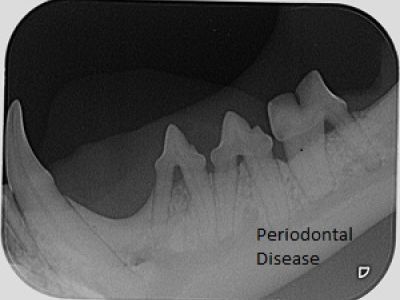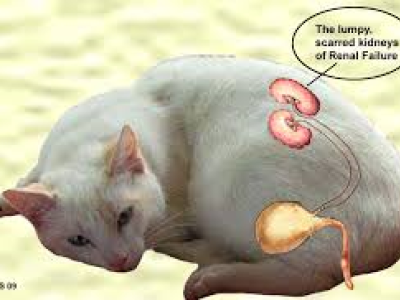Caring for your Pets Skin in Winter

By the time we reach adulthood, most of us have discovered that winter weather can wreak havoc on our skin. Humidity is low, the outside air is cold and windy, and we are going in and out of cold to warm and back again, throughout each day. Even in homes with great ventilation, our bodies struggle to keep up with the temperature and moisture changes that occur throughout the day.
So the body cannot always keep up the necessary balance of chemicals, oils and bacteria that the skin requires to stay soft, flexible and comfortable. The common result is dry, itchy, flaking skin. What is true for human skin is often true for animal skin as well.
During winter we still see many skin conditions that are usually associated with the heat in warmer months or seasonal changes in the garden. Allergies to plants, pollens and fleas or hot spot related skin infections are the most common skin complaints that we see. In winter, there are the normal skin culprits of dust mites, parasites etc which are not being aired out that can lead to reactive skin or breathing symptoms. Other potential causes of skin conditions can come from sources such as parasites, hormonal or nutritional imbalances.
A common misconception is that fleas die off during the autumn/winter period when the outside temperature drops. As a result, many pet owners cease using flea control during this time. Contrary to this popular belief, fleas do survive during winter, especially indoors. Our warmer homes provide the perfect breeding ground for fleas as they thrive in a warm, humid environment. People turn up the central heating to keep their homes warm, but the fleas are also attracted to a cosy home. Fleas can cause serious health problems and they are one of the most common causes of distressing skin problems in dogs and cats. If your dog is scratching non-stop, to the point of damaging their skin, it is vital that treatment is received before the skin irritation becomes a bacterial infection, requiring further treatment. Kittens in particular, can die from anaemia due to blood loss from the feeding fleas.
Pet owners should carry out year-round preventative treatment to minimise the risk of flea infestation, even in the winter months. Many owners do not realise fleas are just as active, and cause such a problem in winter. So, keep up with your monthly preventative doses of Sentinel or Advocate to help maintain healthy skin all year round.


